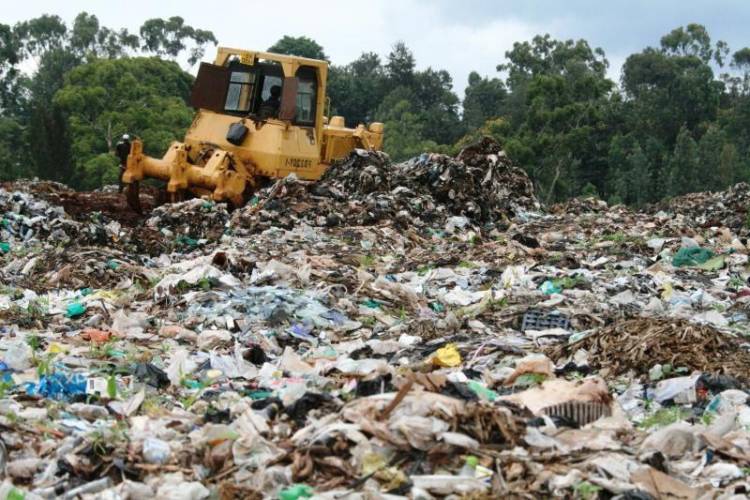×
The Standard e-Paper
Join Thousands Daily

County governments in central Kenya are grappling with how to manage garbage collection as they run out of areas to set up new landfills.
Land scarcity means that county officials are facing resistance from residents who don’t want waste management facilities in their backyards.